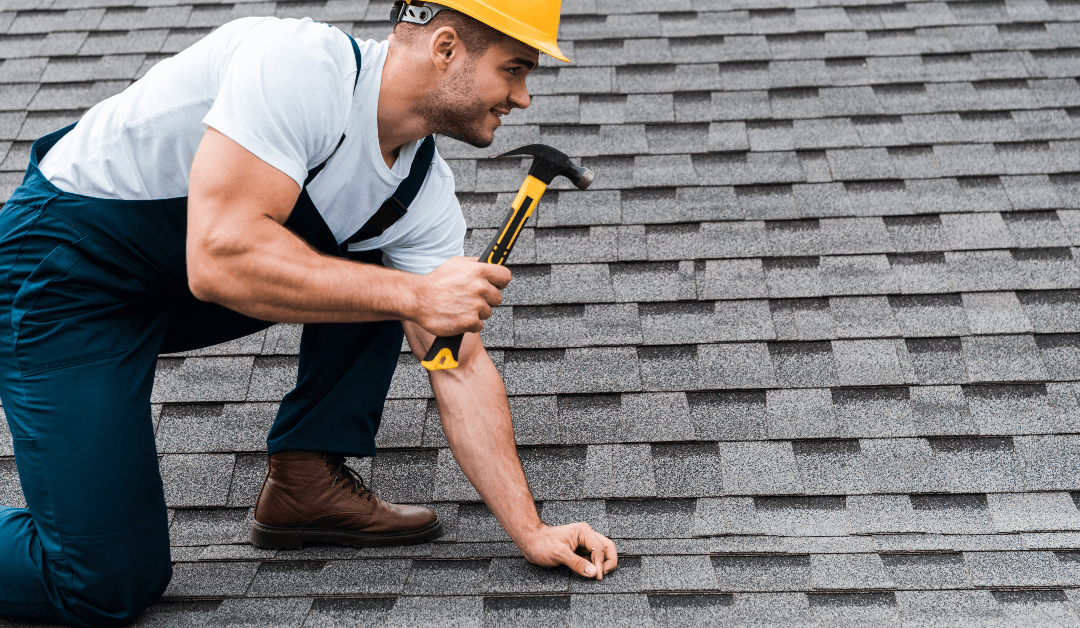Whenever you have a roofing replacement or repair, you need to be prepared to handle the construction debris. Normally, nails and other roofing materials are inside that scattered litter of who knows what. This often happens, and many have found themselves feeding the question to the search query when the clean-up sessions are finally at their doorstep. Are roofing nails magnetic?
Which Are The Best Nails For Your Roofing Materials?
Nails are an important part of any construction project. They tighten shingles and are used to install felt paper for roof waterproofing. They also attach the metal roofing sheets with the tiles. So, when you bring down your old roof, the shingles are not the only clutter; the nails are too.
While some companies usually find ways to dispose of these materials, some nails will still find their way to your yard. And that’s when the magnetism issue comes to play. Why? A magnetic sweeper can save you the trouble of dealing with a dangerous yard by picking out the magnetic nails.
Types Of Roofing Nails
Nails come in different sizes, lengths, and gauges and include:
- Ring Shank
These are also called annular or corrugated roofing nails and have rings on their shanks. They are superior in offering a better grip than other nails. Their staying power on the sheathing and shingles is remarkable.
- Smooth Shank
During nailing, the shank of the nails penetrates the surface. As you may have guessed, these have smooth shanks. They are also the most affordable roofing nails.
- Square Cap
Unlike the common circular heads, these have square heads, contributing to its name. It is appropriate for attaching the felt underlayment rather than asphalt shingles. Its shank can be coiled or smooth.
Choosing Your Roofing Nails
Different nails work differently, and choosing the right ones promotes the durability of the siding and roof.
- Aluminum nails
These nails are ideal for composite roofs, metal, and asphalt shingles. The seashores are great for residential properties but not for aluminum nails. The salty air increases the risk of corrosion. Still, aluminum nails are not only more affordable than other options but also as strong as steel nails.
- Copper nails
Copper nails are recommended for fastening tiles or slates. They are known for their flexibility, and the environment doesn’t influence their performance.
- Galvanized nails
These nails are manufactured before going through the galvanization process. They are made of steel but are coated with a layer of zinc. In most cases, they attach the asphalt shingles to the roofing. It’s the best choice for those who prioritize durability due to rust resistance.
- Stainless steel nails
Stainless steel is usually recommended for its rust-free feature. Even the salty sea air can’t deteriorate the hard finish, which is super resistant. But the best things are never cheap, and stainless steel is very costly. Planning to build your home along the coastal area? Go for stainless steel!
Before starting any construction project, it is important to research the right roofing materials to suit your entire structure and the location. This will foster durability and functionality. Most importantly, always select high-quality materials and installation from a credible company that will handle the construction project to manning the debris.


Recent Comments